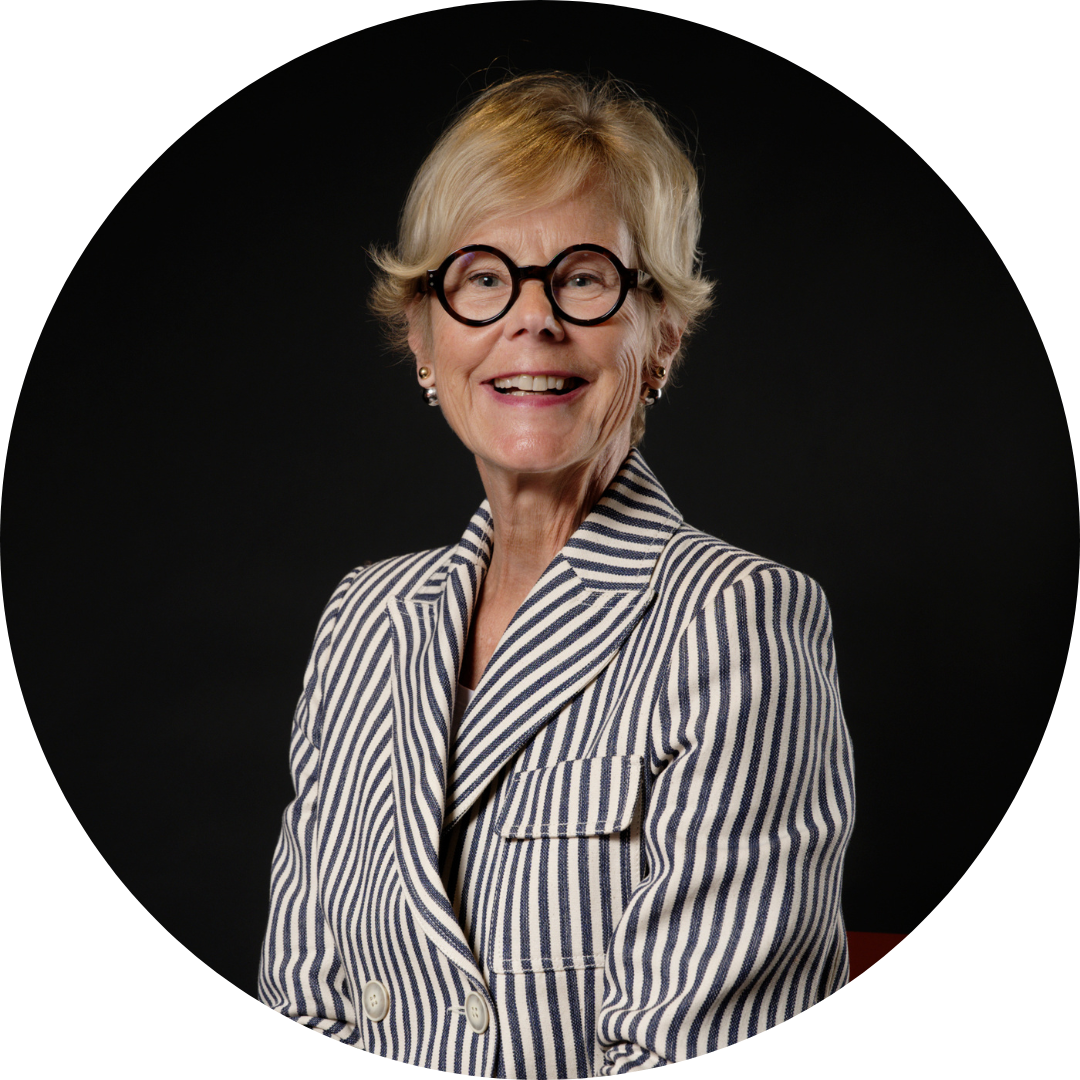Saskia de Rothschild
Presidency of Les Domaines Barons de Rothschild (Lafite)
Last year I had the pleasure to meet Juliette Couderc at Château L’Evangile, Eric Kohler at Château Duhart-Milon, and Jean de Roquefeuil at Château Rieussec. This time, it’s Saskia de Rothschild who granted me a moment to answer a few questions about viticulture at Château Lafite Rothschild.
Gerda: Tell us about you…
Saskia de Rothschild: Talking about myself is rare… In our family, we always talk about our family, but also about our family of winegrowers and our estates.
I spent a lot of time at Lafite as a child, and I always saw my father present at the key moments of the wine-making process, especially when he was blending with the team: it was a real dialogue and an exchange to reach a true consensus. It is through these debates and collective intelligence that beautiful things are born. Before, I had a more solitary career as a journalist. This profession is very focused on other people’s stories but one day, we must leave. What I appreciate enormously in my current work is the long time and of course being dependent on nature, which imposes humility.
G: What are the main challenges you personally face in the practice of your work?
SR: Today, our challenges are multiple. In the field of wine, we are in a long-term timeframe, so anticipation is crucial. For about a decade, we have seen a real climate change. The challenge, therefore, is to anticipate this evolution. It is key to building the vineyard of tomorrow.
I have a deep conviction that we must preserve our environment and biodiversity to preserve the wines we love. That is why since 2017 we have been transitioning to organic farming in all our French vineyards, accompanied by a reflection that goes beyond. This includes the preservation of biodiversity in plots as well as in-depth studies on biodynamics to understand its subtleties as much as possible. Today, at Lafite, we have nearly 20 hectares in biodynamics, with a member of our team, Manuela, who has chosen to do a thesis on this subject. We are primarily pragmatists and scientists. We exchange a lot with people who work with biodynamics and since 2017, we have been accumulating experience, and this thesis would allow us to obtain a vision of the impacts of biodynamics on a part of the vineyard. I have observed since we started this transition to organic and conducted trials in biodynamics, is that the team is more involved in monitoring. We spend a lot of time in the vineyards. This is extremely beneficial for making good decisions, and in agriculture, this is crucial. How can we reconnect with our intuitions? At Lafite, we have always remained first and foremost vintners. We have never fallen into fads..
We vinify our wines as we did 50 years ago, with, of course, a bit more precision in the extractions but never excessively. Regarding our cellar facilities, we are launching a restructuring project for our winemaking facilities at the beginning of 2024, for which we have chosen a French architect from Burgundy, Bernard Quirot. Once again, it’s a superb team project. Our goal is to have the least impact on the environment and to allow our winemaking process to be smarter. The real challenge for the coming years is the following: how to restructure Lafite while remaining Lafite.
I always say that risks must be taken to protect ourselves. It’s not just a question of care and preservation, as this has been done before us.
Another challenge we are working on is the integration of wood into the wine. At Lafite, we are fortunate to have our cooperage. Similar to our work with individual parcels, we have the same goal of precision and adaptation to each vintage. We find that each vintage is very different, so how do we adapt our approach with the wood depending on the vintage? I have particularly heard these reflections led by Anselme Selosse on his Champagnes.
Our everyday challenge is, of course, also social. How do we make sure that people are happy to come to their workplace every day and at all levels of the company? I believe that the balance between personal and professional life has never been more important to people. It is important to experiment and work on this balance. For our teams in Bordeaux, we have implemented a 4-and-a-half-day work system. This allows them to give half a day to their family or to social projects. Once again a question of balance…
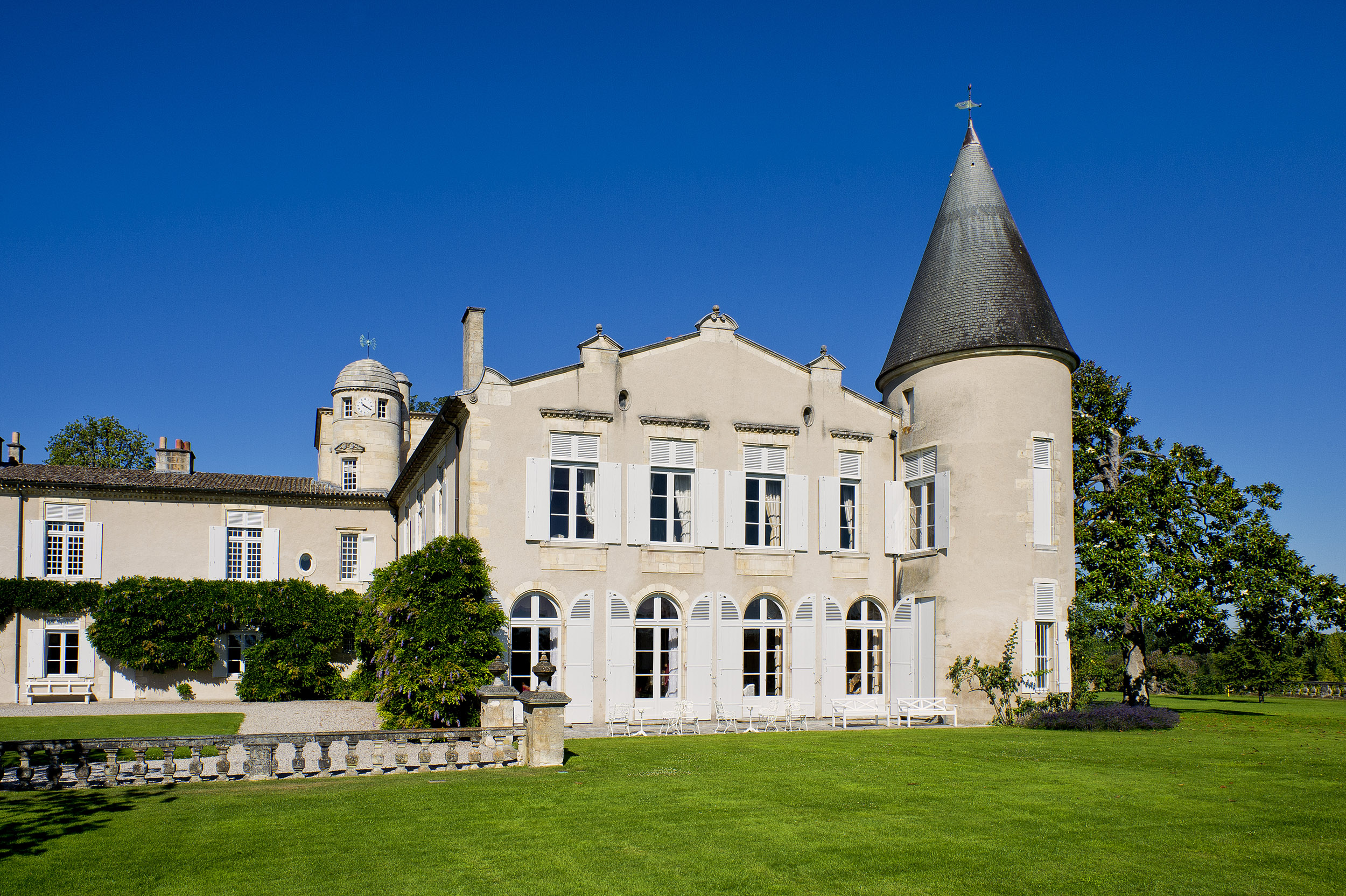
Harvest 2023
G: Can you say a few words about the 2023 vintage?
SR: I always come back from vacation for the harvest of dry white at Rieussec. It’s a key moment because it allows us to understand the evolution of the reds in terms of acidity, richness, balance, and the sensations in the berries. This year, it took place on August 21 when we started harvesting the Sauvignon Blancs, and we had some excellent surprises!
The harvest was very long in Pauillac. It had been a long time since we had such extended harvests. There were a lot of exchanges with the team, as well as many tastings of berries in the plots. The decisions were not always easy because the two heatwaves at the end of August and beginning of September changed things: it was important not to look too much at the neighbor and to trust ourselves.
The first juices are always a significant moment: this vintage leads to optimism. We are truly delighted.
G: What is your first impression of the quality of 2023…?
SR: At the end of October, we tasted all our press wine barrels one by one at Pauillac for Lafite and Duhart-Milon. I always wait for this tasting to evaluate and generally judge the quality of the vintage. There’s a lot of information in the press wine, and frankly, these are often very long tastings, more than 80 barrels. This did not prevent us from being delighted. We are also happy with the yield despite the organic conversion that we are undertaking. It’s a great satisfaction, this yield performance is notably the result of the involvement and strong presence of our teams because with organic farming, you have to be very reactive.
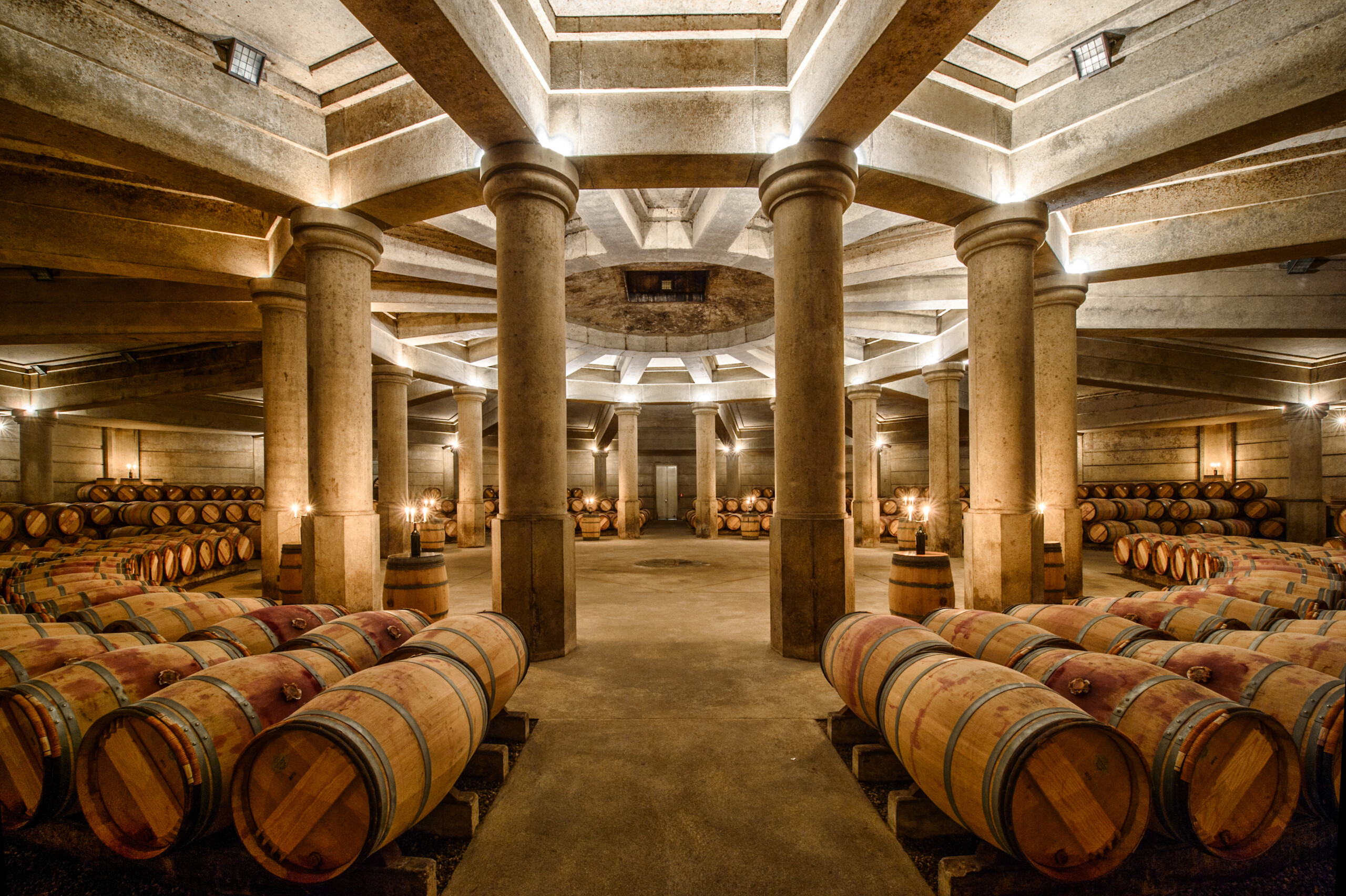
Vineyard cultivation
Gerda: How do you approach climate change?
SR: From my perspective, it’s a daily concern. We’re in a profession where we spend a lot of time on weather applications, and we’re also in an era with a lot of articles about global warming. This concern is constant, and we try to anticipate it. A concrete example would be our “Phare” plot. We will plant our massal selections from the Lafite plateau there, which will serve to replant this plateau in the future. This “Phare” plot is also used to plant “other” grape varieties.
The idea is to observe over the next 10 years how these vines behave, to accumulate data for making decisions at the right time.
In Pomerol, we feel the effects of climate change even more, often being the warmest appellation in Bordeaux. That’s why we are particularly anticipating this situation, especially in thinking about future replantings for L’Evangile. We are considering planting more Cabernet Franc and Cabernet Sauvignon. We already have a few rows of Cabernet Sauvignon and thought it might be interesting to have a little more.
We must be active to protect the environment. Because we need to change our entire way of thinking, living, consuming, and producing. Today, we no longer make a business plan as we did before, the obsession with growth at all costs should no longer be the norm. These are profound psychological changes that must be conducted.
G: Do you practice agroecological viticulture, and have you observed a difference in terms of life in the vineyards since adopting this practice?
SR: This question is interesting. At Lafite, we have a marsh that we study and observe every year, its biodiversity is tremendous. Three years ago, we started an ambitious project of planting hedges to create biodiversity corridors from the vine to these wild areas. We notice an impact in the vineyard, particularly in the plots closest to it, through the varied population of fauna and insects that surprise the observers who come to study them each time. Agroecology is a real change in practices that has measurable and captivating results. This global approach to vine viticulture, that is, including the environment of the plant, has considerably evolved and involves our entire team.
G: For a grand cru, is organic farming mandatory? Or does everyone do as they wish?
SR: I believe that everyone does as they wish. We decided to get certified because people pay quite a lot of attention to us and I think we must fit into this framework. These frameworks can sometimes be limiting, and one might want to go further or do things differently. It’s always complex to confront all of this. For us, it’s important to have a certification and not just to say that “we are organic.”
G: In 1982, 1990, or even more recently in 2009, 2010, the chateaux achieved good yields and exceptional wines. Lately, the prevailing sentiment is that this is no longer possible.
To produce exceptional wines, are estates destined to produce small quantities?
SR: Definitely no! It’s interesting because this opinion has often been expressed.
In previous years, like in the 80s, there was both quality and quantity. At Lafite, when we reach the final step of defining our wines, we make different blends, including a very restrictive one. We taste them blind, and it has never, ever happened that the most restrictive blend has won! The expression of the Lafite terroir is a wine of blending and diversity. One thing is for sure, if we limited ourselves only to the heart of the Lafite plateau and to the most exceptional parcels and terroirs, I don’t think we would make a better Lafite.
Every year we ask ourselves lots of questions, what makes Lafite Rothschild good? How to build the wine based on what Nature can provide us? There is no magic recipe. The blends are different every year. This is the strength of Lafite. Regarding yields, it is clear that one should not go to extremes with yields that are too high for the plant. There is also no need to be too restrictive, neither in what we bring to the vineyards nor in the way we blend.
G: Has the transition to organic farming changed your teams’ attitudes?
SR: Regarding the transition to organic, I worked with Eric Kohler. I arrived at Lafite in 2016. We were able to build the strategy together and in collaboration with the entire team. This was important because we took the time to experiment and implement many trials before finally applying for certification in 2021. It took time, but it wasn’t a decision made by just one person. It was built by many hands and in collaboration with the team. We often explain, at the end of the year and before the primeurs, why we opted for organic, biodynamic, and what the differences are. I think today we have teams that are sensitive to this way of working.
Unfortunately, Bordeaux is now extremely divided between the Grand Crus and a viticulture that is suffering. The advantage we have at Domaines Barons de Rothschild is that we also operate vineyards in the Entre-Deux-Mers. This allows us to be aware of the difficulties and challenges. It’s important to understand the diversity of this viticulture and to think about its future. We don’t want to remain cloistered.
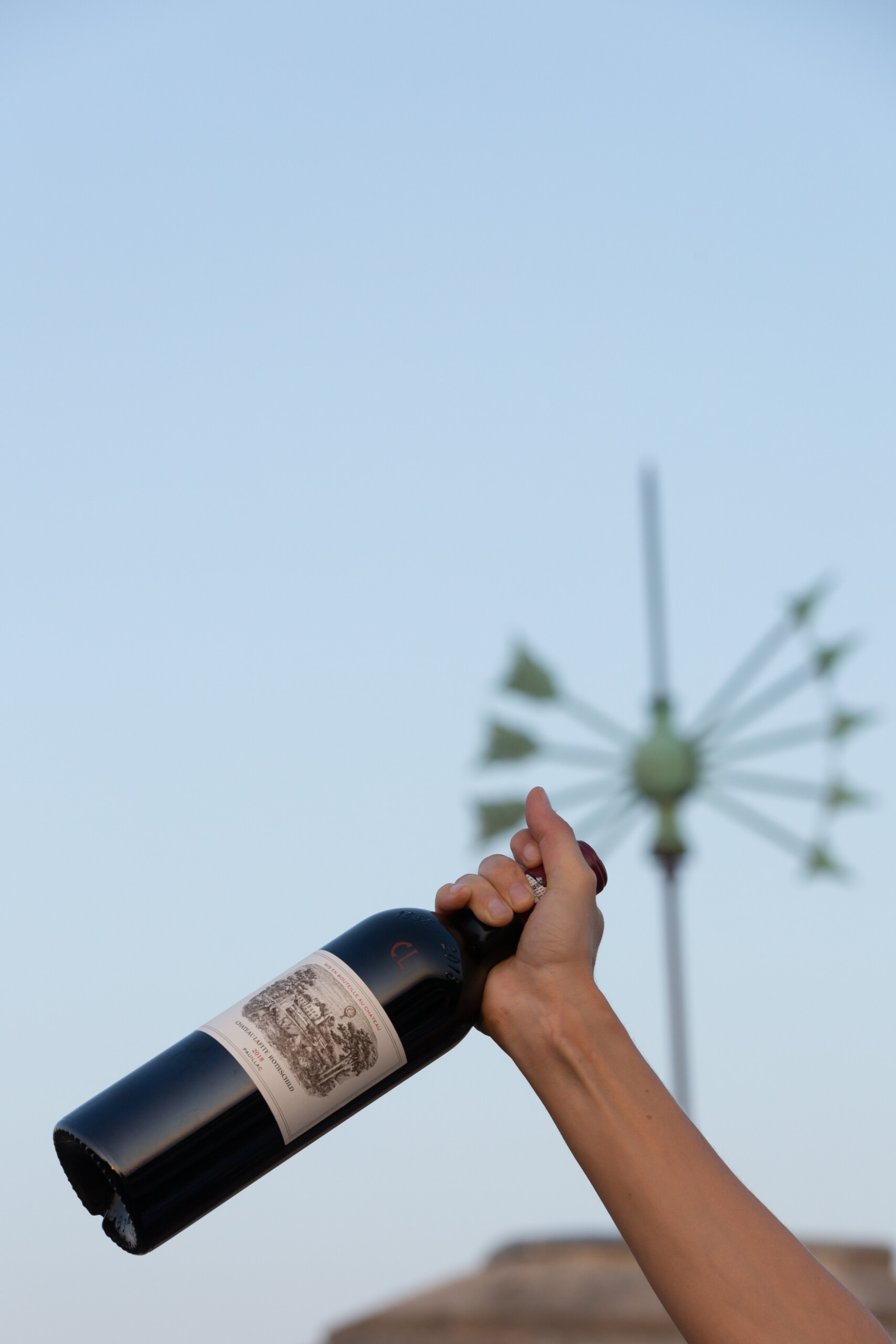
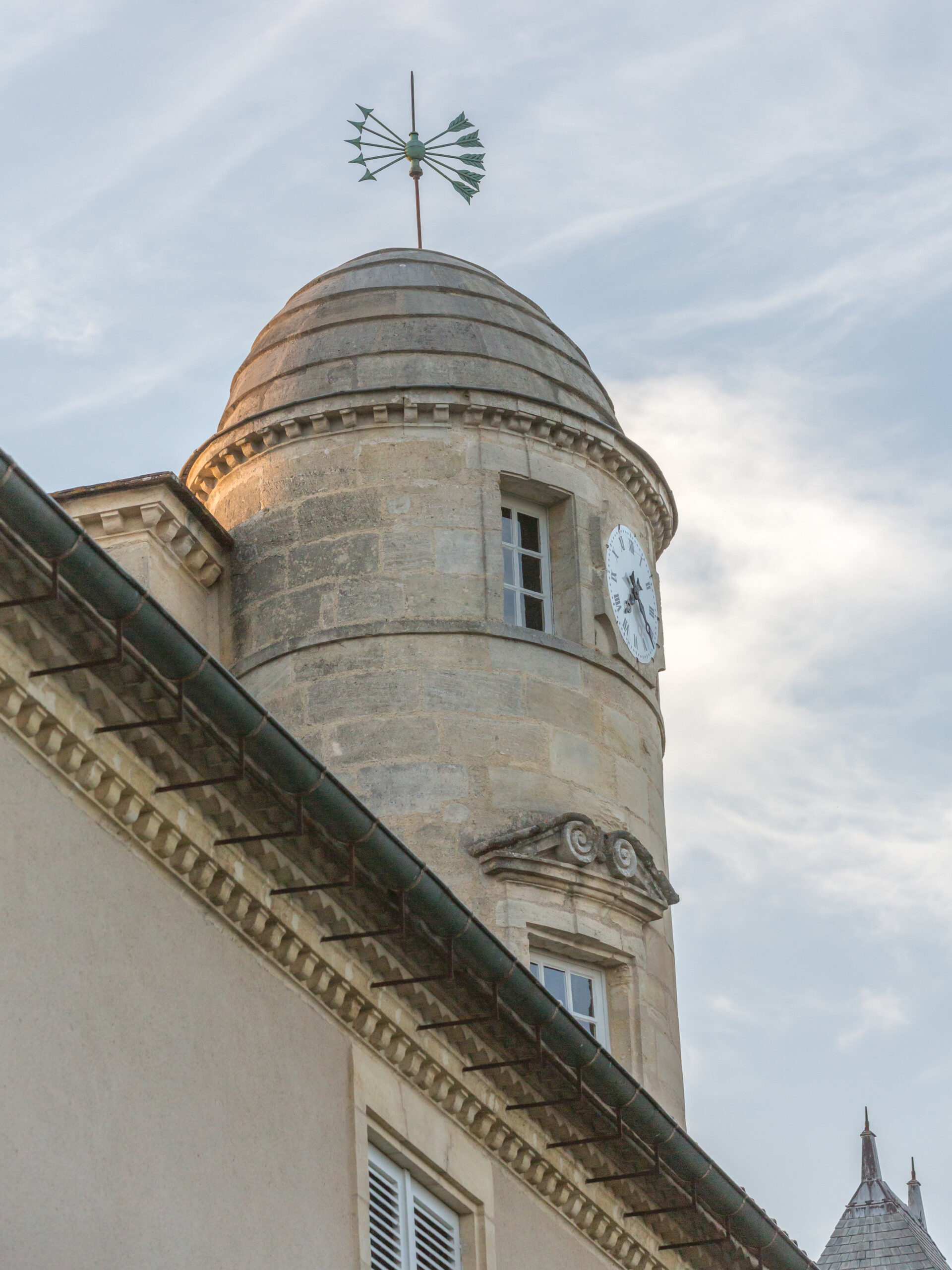
Gerda BEZIADE has an incredible passion for wine, and possesses a perfect knowledge of Bordeaux acquired within prestigious wine merchants for 25 years. Gerda joins Roland Coiffe & Associés in order to bring you, through “Inside La PLACE” more information about the estate we sell.


